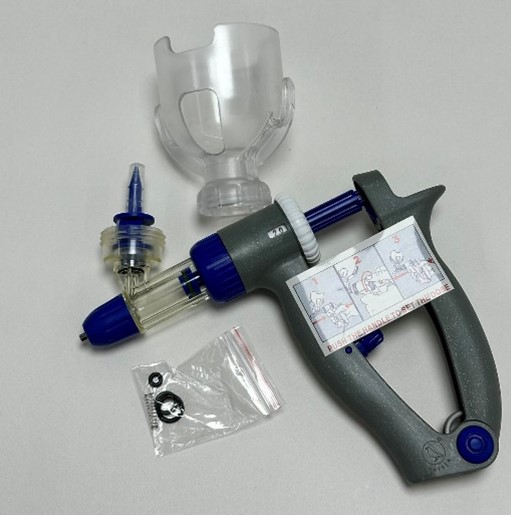Japan will impose a ban on the export to Russia of cars with engines over 1.9 liters

From August 9, Japan expands the list of goods whose export to Russia is prohibited. It hit cars with an engine capacity of more than 1.9 liters, the Japanese Ministry of Economy said.
The new restrictions apply to products such as:
hybrid cars and electric vehicles, yachts, railway locomotives and trains; car locks and car seats; tires for large vehicles; plywood, wood pulp, waste paper; cement, stone, asphalt, ceramic tiles and blocks; glass products; some steel, copper, nickel, aluminum, lead, zinc products; wool, cotton, artificial fabrics, knitwear, yarn, cotton wool, as well as used clothes; dyes; photographic or cinematographic material, etc.The exact list of goods subject to restrictions will be determined on August 2.
As Autonews reported, over the past first half of the year, Japan increased the export of passenger cars to Russia by 32.8% compared to the same period last year. In 2022, the supply of used cars to Russia accounted for 26% of their total exports by Japan.
Japanese car brands - Nissan, Toyota, Honda, Mazda, Subaru, Mitsubishi, Suzuki. Many of them have already suspended their activities in Russia.
In total, about 200 thousand Japanese cars were delivered to the Russian market last year with a total value of approximately $1.8 billion. In connection with the new restrictions, only small cars will come to Russia, their exports account for only $720 million. Japan has already introduced import
restrictions cars to Russia: this concerned cars worth more than ¥6 million (approximately 3.95 million rubles at the exchange rate at the time of publication).
The Russian side considers the sanctions illegal. As President Vladimir Putin noted , the initiators of the restrictions wanted to “crush the Russian economy”, “hit industry and finance, the standard of living of citizens”, but they failed to do this.
Read PionerProdukt .by Stars without salaries. How a student earned $1 billion on virtual bloggers Russia entered into a DTA with Oman. What taxes do not have to be paid twice How the British regulator collapsed Adobe's capitalization by $ 2 billion Trade secret: how to protect information within the company



























































